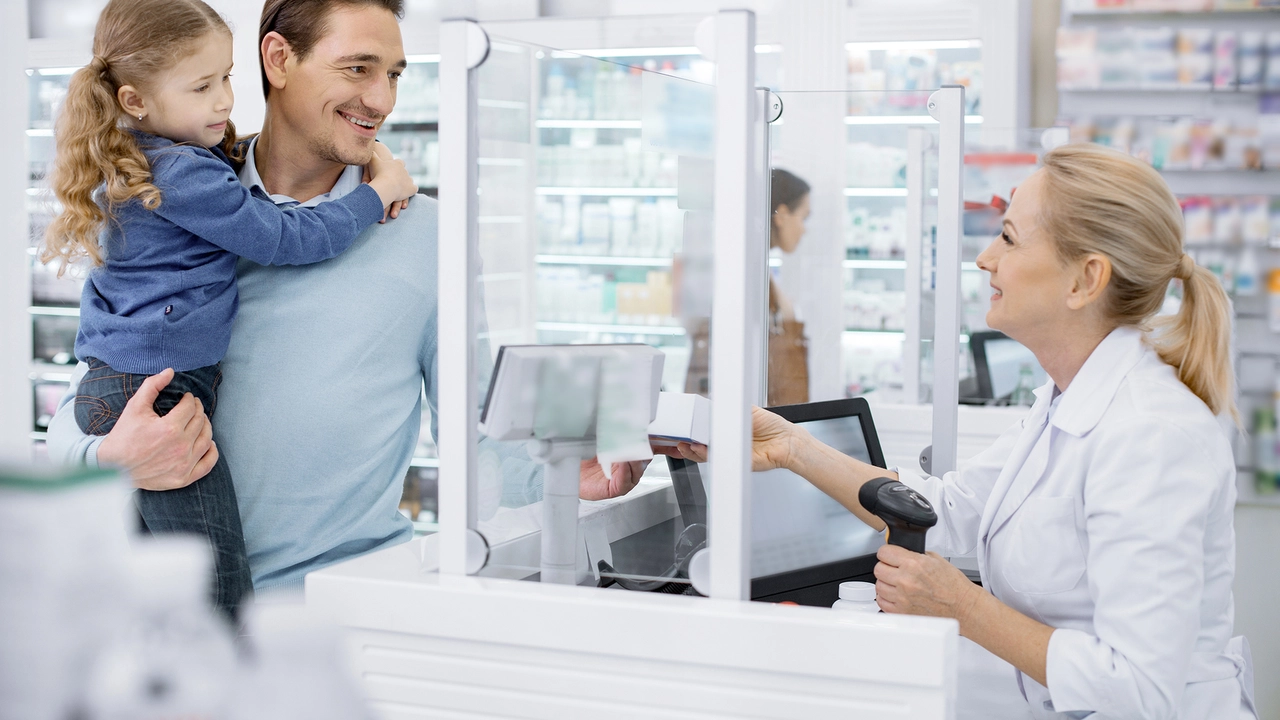Safe Purchase: How to Buy Meds & Supplements Safely Online
Buying medication or supplements online can save time and money — but it also carries risks. A fake pill or the wrong dose can cause real harm. Here are clear, practical steps to help you shop safely and avoid trouble.
Check the pharmacy before you buy
First, confirm the seller is legitimate. Look for a physical address, a working phone number, and a licensed pharmacist listed on the site. Trustworthy online pharmacies usually require a valid prescription for prescription drugs. If they don’t ask for one, that’s a red flag.
Use official verification tools when possible. In some countries there’s a pharmacy verification seal or a government registry. Search the pharmacy name plus words like “license” or “verify” to see if others have flagged it.
Spot red flags fast
Too-good-to-be-true prices, vague product descriptions, and no contact info are common signs of risky sellers. Avoid sites that pressure you with countdowns or popup deals. Also be wary of international sellers that can’t provide clear shipping times or customs details — you may never get the product or it could be seized.
Photos that look copied from other sites, missing ingredient lists, or generic packaging pictures are warning signs. If the product name doesn’t match the active ingredient, pause and double-check.
Payment and privacy matter. Use a credit card or a trusted payment service that offers fraud protection. Avoid wire transfers, prepaid cards, or paying in cryptocurrency for medicine. Read the privacy policy to see how your data will be used and stored.
Read reviews — but read them carefully. Real user reviews help, but fake reviews are common. Look for detailed reviews mentioning delivery times, packaging, and exact product names. Cross-check reviews on independent platforms, not just on the seller’s site.
Check the product itself when it arrives. Confirm the active ingredient, dose, batch number, and expiration date match what you ordered. If anything looks off — different color, odd smell, damaged seal — don’t take it. Contact the seller, your pharmacist, or local health authority.
Ask your healthcare provider. If you’re switching brands, buying a substitute, or trying a new supplement, talk with your doctor or pharmacist first. They can confirm proper dosing, possible interactions, and whether the product is right for you.
Keep records: save order confirmations, photos of packaging, and receipts. These help if you need a refund or must report a bad seller. Finally, when in doubt, buy from established pharmacies or local stores. It’s sometimes worth paying more for safety.
Want more specifics? Our site covers safe online sources for common drugs, how to spot fakes, and alternatives for popular medications. Use those guides if you plan to order specific meds — they walk through real examples and step-by-step checks.

